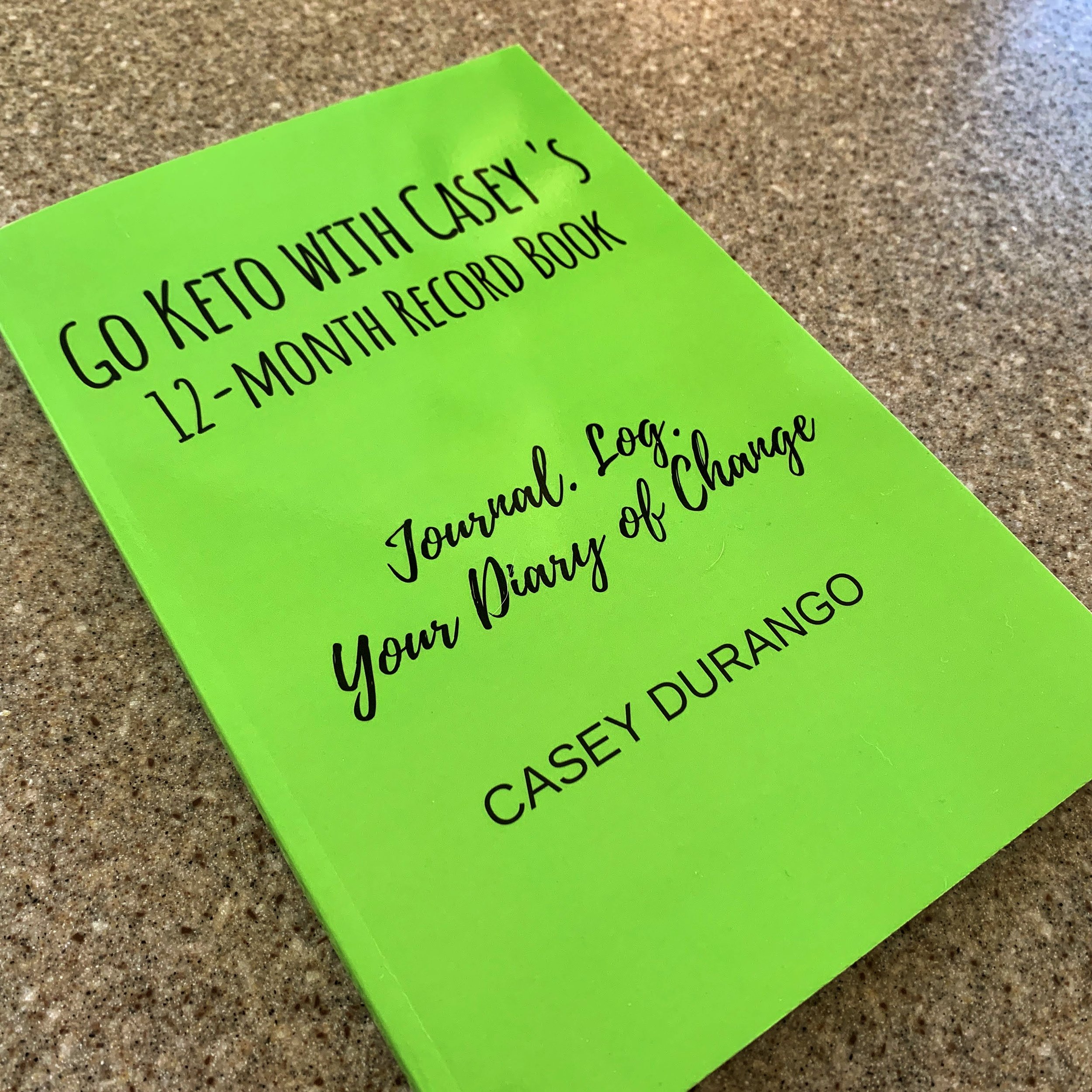The Tyranny of the Scale, and How to Break Free.
/It is inevitable that when one embarks on a new dietary regime, the focus falls on what we weigh. That makes sense if the reason for making a change is to lose weight. This often leads to weighing ourselves—a lot. What does the scale have in store for me today? The number reflected on the device beneath our feet determines what the day will feel like. Will it be elation or ruination? That reads pretty crazy, even as I type the words.
But that is how it can be for many of us. We've become brutalized by an inanimate object (one that we paid for, no less!) Sometimes we even ignore non-scale improvements if we haven't lost any weight. So what if our joint pain is gone? Big deal that we no longer feel the need to duck under our desk for an afternoon nap a là George Costanza. Hoopty-doo, when our clothes are looser. Okay, okay, our brain returns, and we now remember our home address and the name of our dog. We chuck out all the good because we want to lose weight. We want to lose weight. We want to lost weight, dang it!
I've written about my opinions of the tyranny of the scale before, and my position hasn't changed. A weighing machine should be factor number, oh, I don't know, seven in importance. Transformations can occur without even one ounce of variation on the blasted bathroom scale: coming off of—or preventing going on— medications; feeling better emotionally and mentally; being released from intrusive thoughts of food; being able to look back on a day and feel in charge of one's choices rather than at the mercy of them; realizing that blue jeans actually now fit rather than pinch us in all the wrong places. These are victories worth celebrating.
Decades ago, people ate what they had available and then got back to whatever chores and work required. Bathroom scales were introduced a little over one hundred years ago, in about 1917. That means that many of our grands and great-grands had no idea what they weighed. Neither did their doctors, as weight wasn't necessarily part of one's health profile. Imagine that: weight not being the first—the first—thing noted during a medical visit (other than whether we have health insurance is, of course). We are directed to step on and our weight recorded before even getting to the examining room! Yet, when was the last time a doctor asked you what you eat? The first question my vet asks is what I feed Jack. Hmmm.
There's an interesting article on the history of the bathroom scale by Kelsey Miller. Our culture has morphed from being oblivious about a number on a scale to obsessed with it in just a few generations. For some of us, since the reading on the scale determines our mood until the next time we weigh, we decide that the next time may be in a couple of hours. Then a couple more, hoping that we'll get a different answer if we keep asking the same question.
In my experience, what I weighed—which was a lot—was replaced in my motivation hierarchy with a desire to avoid taking insulin for Type 2 Diabetes. That hadn't been prescribed yet, but I reckoned the conversation with my GP was going to be part of my next annual checkup. Frankly, I had given up on losing weight. I've also written about this previously. But I feel it warrants repeating. The Summer of the Triathlons was pretty much the end of the line for me regarding attempts at weight loss. I did the "move more, eat less" thing, intently and as earnestly as I had undertaken anything. I trained for and participated in four sprint-level triathlons that year. By the end of the six months, I had lost eleven pounds and was hungry all the time. As it were, I threw in the towel, waved the white flag, surrendered, and accepted defeat.
Pick your metaphor. I was done. For some unknown and perverse reason on the part of the universe, my role in life was to be a clever, gregarious, self-deprecating fat person. I accepted that, but I didn't want to take insulin. That was my line-in-the-sand. Maybe that was a blessing for me in that the weight loss I experienced in the early days was, you should pardon the expression, gravy. Feeling better started very early and kept going. All the benefits noted above were ones I experienced. Many mornings when I came downstairs, I would update my husband on my weight loss, lack thereof, and, sometimes a tick up on the scale, I'd tell him I didn't care if I didn't lose another gram. That I'd never go back to how I ate before. That was about 40 pounds loss in. I've held pretty steady at 97.4 pounds for about four years now. And I won't go back. Ever. It would be nice to lose 2.6 more pounds so I can accurately state that I've lost an even 100 pounds since starting the ketogenic diet. I still weigh myself every morning, but the scale won't vex me again. Food is not the boss of me, nor is the scale. I've been set free.
You can be, too. I promise.




